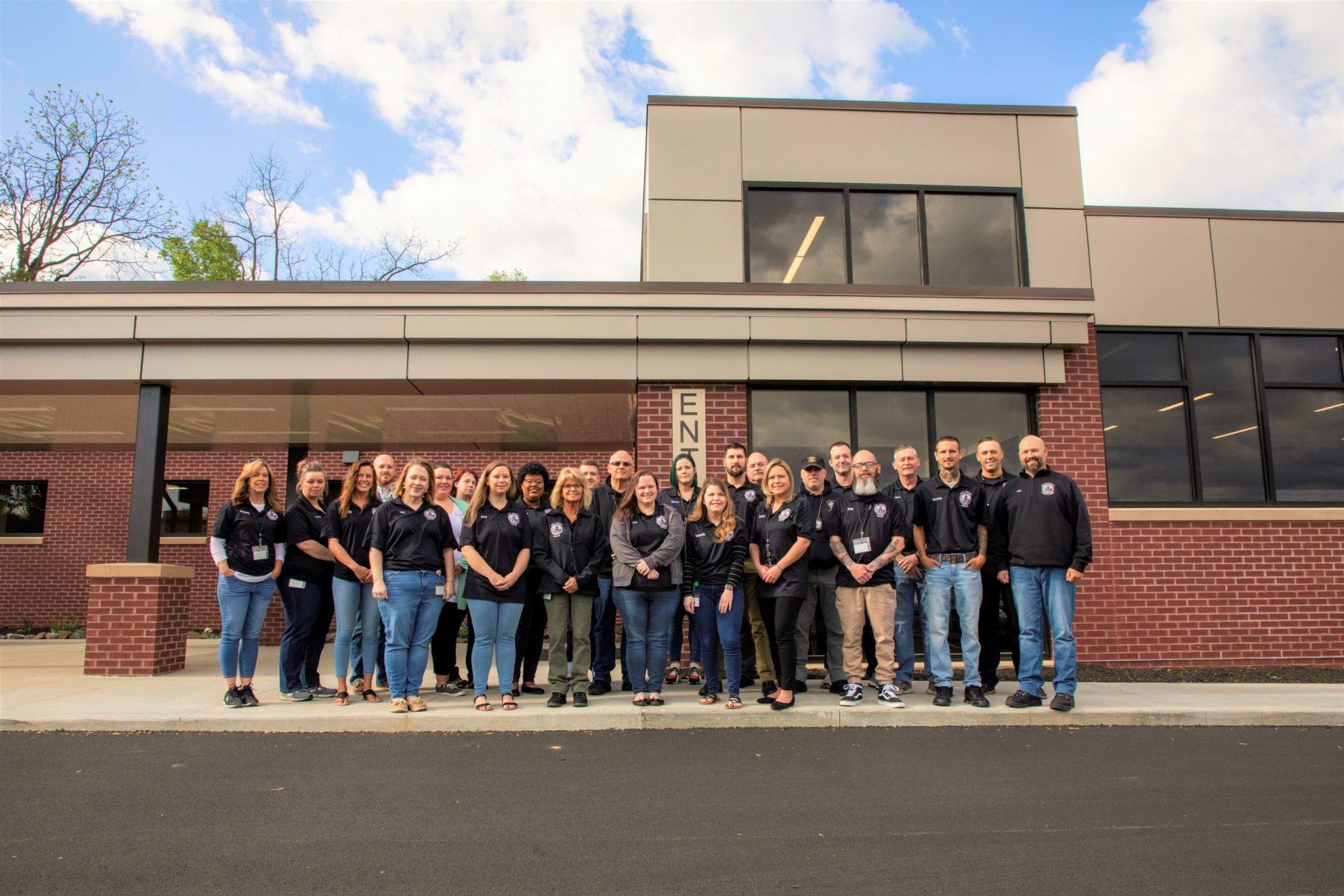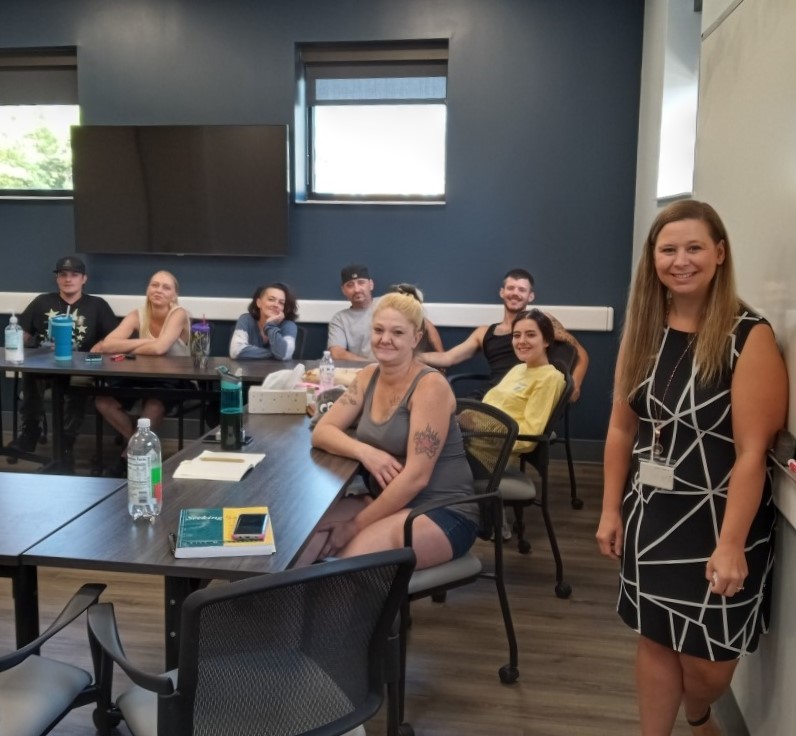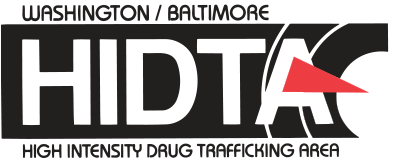Washington / Baltimore HIDTA Initiatives
Treatment
W/B HIDTA Treatment Initiatives

The W/B HIDTA funds treatment/criminal justice initiatives that provide integrated drug treatment services and criminal justice supervision for hard-core substance dependent offenders. Treatment initiatives must incorporate drug testing and graduated sanctions for all offenders. They must include an assessment of the individual’s drug use and criminal history, and placement in the appropriate level of service, such as out-patient, intensive out-patient, residential or after care.

2022 HIDTA Results:
The W/B HIDTA granted $2,473,965 in 2022 to address identified gaps in the treatment and recovery systems for the W/B HIDTA communities.
Forty-three percent (n=447) of participants successfully completed their substance use disorder treatment program, while 56 percent were still active in their treatment program.
Evaluation
All W/B HIDTA treatment/criminal justice initiatives are required to supply data on client performance to assist in evaluating the initiative. An independent evaluation is conducted annually by the Institute for Behavior and Health, Inc. The W/B HIDTA’s treatment/criminal justice Initiatives have consistently proved their effectiveness and have exceeded national performance averages for clients in this population.
Since the W/B HIDTA Program is a crime control program, its key measure is recidivism. The recidivism rates for all W/B HIDTA treatment initiatives have ranged between 28 percent and 42 percent, while the national average is 70 percent.
The evaluations support current research that demonstrates when treatment programs and criminal justice agencies collaborate, re-arrest rates, as well as drug use, are reduced. When programs include evidence-based principles, they are successful in treating substance dependent offenders.
W/B HIDTA Collaborates with the following agencies:
- Alexandria (VA) Treatment Criminal Justice System
- Arlington County (VA) Treatment
- Baltimore Substance Abuse Systems
- Berkeley (WV) Substance Abuse Initiative
- Berkeley County CATALIST Program
- Brooke’s House in Hagerstown, MD
- Richmond Adult Drug Treatment Court
- Fairfax County (VA) Alcohol Substance Abuse Services
- Fairfax County (VA) Sheriff’s Department STAR 360 Program
- Northern Shenandoah Valley (VA) Substance Abuse Coalition
- Prince William County (VA) Treatment Program

